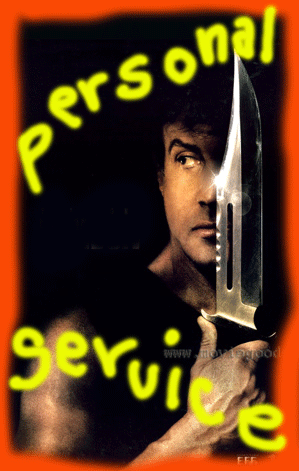
Now no one begrudges the fact that, if you have more income, you get to buy more in the way of expensive stuff—like, say, limos, yachts, villas, Jackson Pollock paintings, and Lear jets. (Okay, we do begrudge it a little, but our better selves know that such wealth envy is….unbecoming.)
We also understand that when disasters strikes, the very wealthy generally have more resources: Better insurance, bigger bank accounts to tap for rebuilding, more minions to help carry the valuables out of the house and into the fleet of Hummers. That sort of thing. But, hey: C’est la vie, c’est la guerre.
Still, in most ways, disasters have been the great equalizers. An earthquake, a fire, a flood, tornado or hurricane will not examine your net worth or lack thereof before destroying your house. Should a force majeure arrive in your area, it’s an equal opportunity visitor. By the same token, the services available to help those suddenly facing the threat of natural disasters are pretty much the same for everybody. Firefighters, the coast guard, and other rescue workers don’t discriminate by class.
Or at least that’s the way it used to be.
In the coming issue of the Nation, Naomi Klein talks about how far the new Pay-to-Be-Saved ethic has evolved.
It seems that, post Katrina, a gaggle of entrepreneurial types quickly figured out that disaster services for the wealthy could be a profitable business. And companies like our very favorite pay-for-protection entrepreneurs, Blackwater, intend to get in on that profit.
Here are a couple of the relevant graphs from Klein’s article:
During last year’s hurricane season, Florida homeowners were offered similarly high-priced salvation by HelpJet, a travel agency launched with promises to turn “a hurricane evacuation into a jet-setter vacation.” For an annual fee, a company concierge takes care of everything: transport to the air terminal, luxurious travel, bookings at five-star resorts. Most of all, HelpJet is an escape hatch from the kind of government failure on display during Katrina. “No standing in lines, no hassle with crowds, just a first class experience.”
HelpJet is about to get some serious competition from some much larger players. In northern Michigan, during the same week that the California fires raged, the rural community of Pellston was in the grip of an intense public debate. The village is about to become the headquarters for the first fully privatized national disaster response center. The plan is the brainchild of Sovereign Deed, a little-known start-up with links to the mercenary firm Triple Canopy. Like HelpJet, Sovereign Deed works on a “country-club type membership fee,” according to the company’s vice president, retired Brig. Gen. Richard Mills. In exchange for a one-time fee of $50,000 followed by annual dues of $15,000, members receive “comprehensive catastrophe response services” should their city be hit by a manmade disaster that can “cause severe threats to public health and/or well-being” (read: a terrorist attack), a disease outbreak or a natural disaster. Basic membership includes access to medicine, water and food, while those who pay for “premium tiered services” will be eligible for VIP rescue missions.
Ah, capitalism! Ain’t it grand?!

It seems to me that if we could afford such a service, we all here would like to have this service for our families.
When the school systems suck, you send you kid to private schools.
Well Pokey ancient Rome had private fire brigades and when business was bad they would start their own fires and extort money from the owners! Private enterprise at its finest!